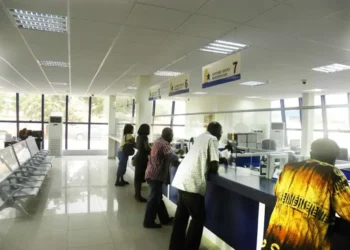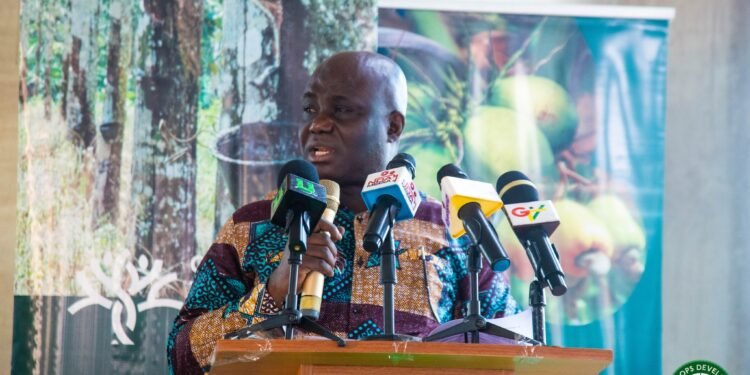GNPC’s recent Oxy asset purchase in the Jubilee and TEN fields, although well-intentioned is masked with a number of regulatory flaws. The scheme at play is: GNPC intends surrendering its 7% interest to an offshore company registered in a tax haven, according to the Africa Centre for Energy Policy (ACEP).
To deescalate the extent of damage this move might cause, ACEP recommended the Corporation seeks Parliamentary approval to ringfence the 7% interest to guarantee a loan for a short period of 3-5 years to allow GNPC to use revenue from the acquired interest to amortise the loan.
Instead of offshoring, ACEP recommended GNPC holds the interest locally, either directly or through Explorco thus, “leading by example”, and opening itself wholly to the country’s tax laws.
Guided by a thorough probe into the matter, ACEP disclosed how the NOC was sidestepping the transfer of the 7% interests to its subsidiary, the GNPC Explorco to Jubilee Holdings in Cayman Islands, with Dr K.K. Sarpong, the CEO and Mr Freddie W. Blay, the Board Chairman as directors.
ACEP, however, indicated that it has not yet ascertained beneficial owners of Jubilee Oil Holdings. Furthermore, “the representation of the CEO and Board Chair of GNPC, with their names in the General Registry of Cayman Islands, is not enough proof that GNPC is the owner of the Jubilee Oil Holdings.”
“…In the absence of evidence on shareholders of Jubilee Oil Holdings, we proceed with the assumption that GNPC owns the company,” Kodzo Yaotse, Policy Lead, Petroleum and Conventional Energy at ACEP said.

Noting that the Corporation has not provided information on the “strategic essence of this approach”, then ACEP’s contention that “the Corporation intends to use the Offshore Company to pay off the loans for the acquisition before the interest reverts to Explorco” suffices, he said.
GNPC is Broke
While emphasizing the move by the Corporation, Kodzo Yaotse indicated that “this is to avert disbursement uncertainties from the Finance Ministry in compliance with the PRMA.
“In other words, GNPC cannot trust the Ministry of Finance to make available part of the proceeds from the 7% interest to amortise the loan.”
Kodzo Yaotse, Policy Lead, ACEP
ACEP further alleged that the issues highlighted are not occurring on the blind side of the Ministry of Finance. “Paradoxically, the Ministry of Finance, which is supposed to be the defender of the PRMA, is an active participant in the ongoing process.”
“It is also intriguing why GNPC has instead decided to create a subsidiary in a tax haven even if it needed a new subsidiary. Companies hide in tax havens for two popular reasons: secrecy and tax avoidance. Which of the two motivates GNPC?”
Kodzo Yaotse, Policy Lead, ACEP

Considering the foregoing, Kodzo Yaotse highlighted that it is indeed true that “GNPC is broke, and its weak financial position exposes it to high cost of capital”. However, the fact that the Jubilee and TEN fields are producing assets indicate that they could be leveraged through credit worthy partners to finance the acquisition.
According to the PRMA, it is expected that after 15 years of implementation, petroleum revenues allocated to the NOC would have come to an end, and GNPC would be operating without recourse to petroleum revenues, fully relying on its own generated funds.
However, with about 5 years to go, GNPC’s weak financial performance means that it may still require its current share of oil revenues and even higher percentages to that effect.
While ACEP supports the acquisition of the interest in the Jubilee and TEN fields, it admonished the right processes must be followed in respect of Ghanaian laws. And that, pursuance of proper governance practices are in the best interest of the Corporation.
READ ALSO: Ghana’s Debt Moves Deeper Into Distress, Bloomberg Index Shows























